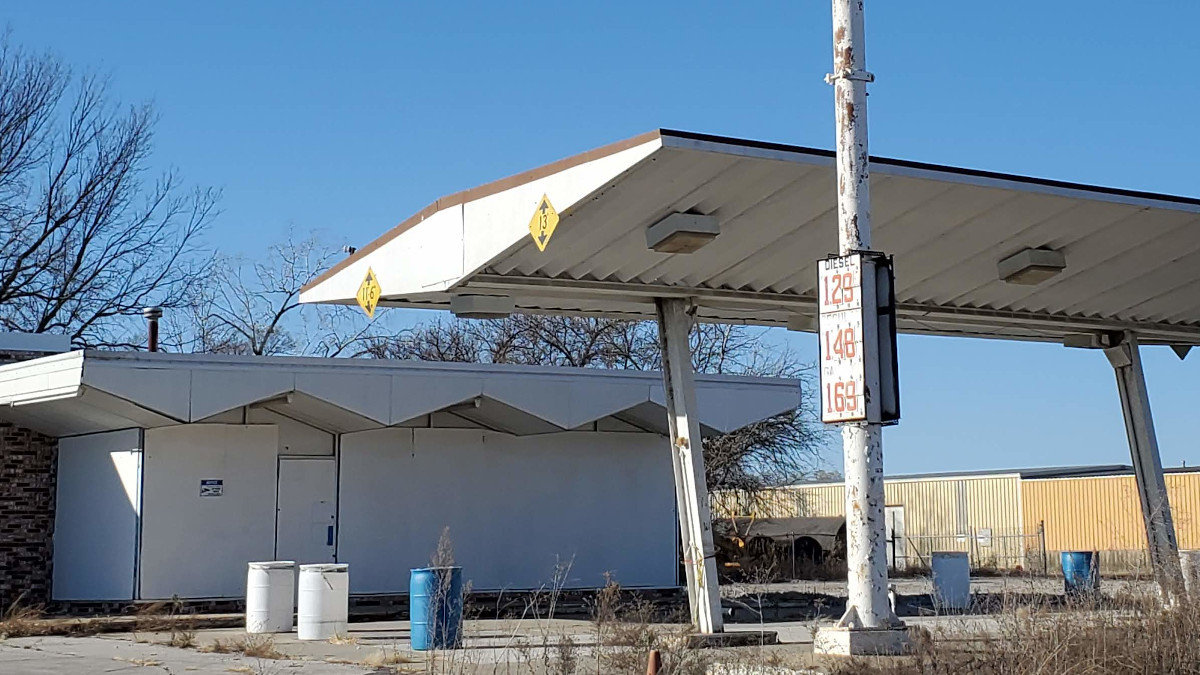Is the petroleum reserve strategic anymore?
On the use and abuse of strategy, tactics, and the English language
One of the strange practices of the United States Congress is the naming of bills with contorted titles that can be compressed into snappy acronyms: The CARES Act ("Coronavirus Aid, Relief, and Economic Security") or the USA PATRIOT Act ("Uniting and Strengthening America by Providing Appropriate Tools Required to Intercept and Obstruct Terrorism"). The practice has an obvious origin, but it still results in linguistic contortions. In general, though, even the titles derived from backronyms at least seek to remain moderately faithful to the bill's intent. Words matter, and so does the accurate representation of what government does.
■ The Energy Department has been ordered to release 50 million barrels of the nation's 605 million barrels held in the Strategic Petroleum Reserve. The amount would exceed any of the notable previous sales by a large margin. The intention of the sale is to put some weight behind a coordinated effort to put pressure on OPEC and check some of the substantial growth in energy costs affecting the economy. (Energy prices have risen by 30% in the last 12 months, and gas prices have risen by 50%.)
■ Putting 50 million barrels into global circulation may not seem like much in contrast with 90 million barrels of global production each day. But marginal economics are funny things, of course: Depending on how the supply and demand curves are intersecting (and at what slopes), a release can have a disproportionate effect on average prices. That could be pleasing for consumers.
■ But if price stabilization is the new de facto purpose of the Strategic Petroleum Reserve, then perhaps a name change is in order. One would expect from the word "strategic" that the reserve is meant for use against major global events that would disrupt the flow of oil, like the 1991 Gulf War.
■ Being straight with our language is important, especially in the context of major government policies. The Defense Department still uses something like 85 million barrels of fuel a year, and has been working on a plan to make biofuels a dependable source. Until we reach that point, how much reserve is enough? Now that the United States is a net petroleum exporter, for how long should we continue to view a reserve as necessary in case of a global supply shock?
■ These and others are questions that deserve clear thinking -- particularly because there is already so much ambiguity involved in considering them. There doesn't have to be any malice involved in a name that outlives its usefulness. But if we're going to use the Strategic Petroleum Reserve for something other than a strategic purpose, then we ought to revise its name to reflect reality.
■ Strategic thinking is valuable and indeed necessary for a superpower. Tactical steps are considered on a much smaller basis (thus, the distinction between strategy and tactics). Having a ready supply of fuel stored to make a country immune to being disastrously cut-off from energy supplies is a decidedly strategic choice. Trying to nudge prices by releasing stored oil into the market seems tactical, at most. That doesn't mean it's the right decision or the wrong one -- but it does call us to use the language carefully. If everything is strategic, then nothing is.



